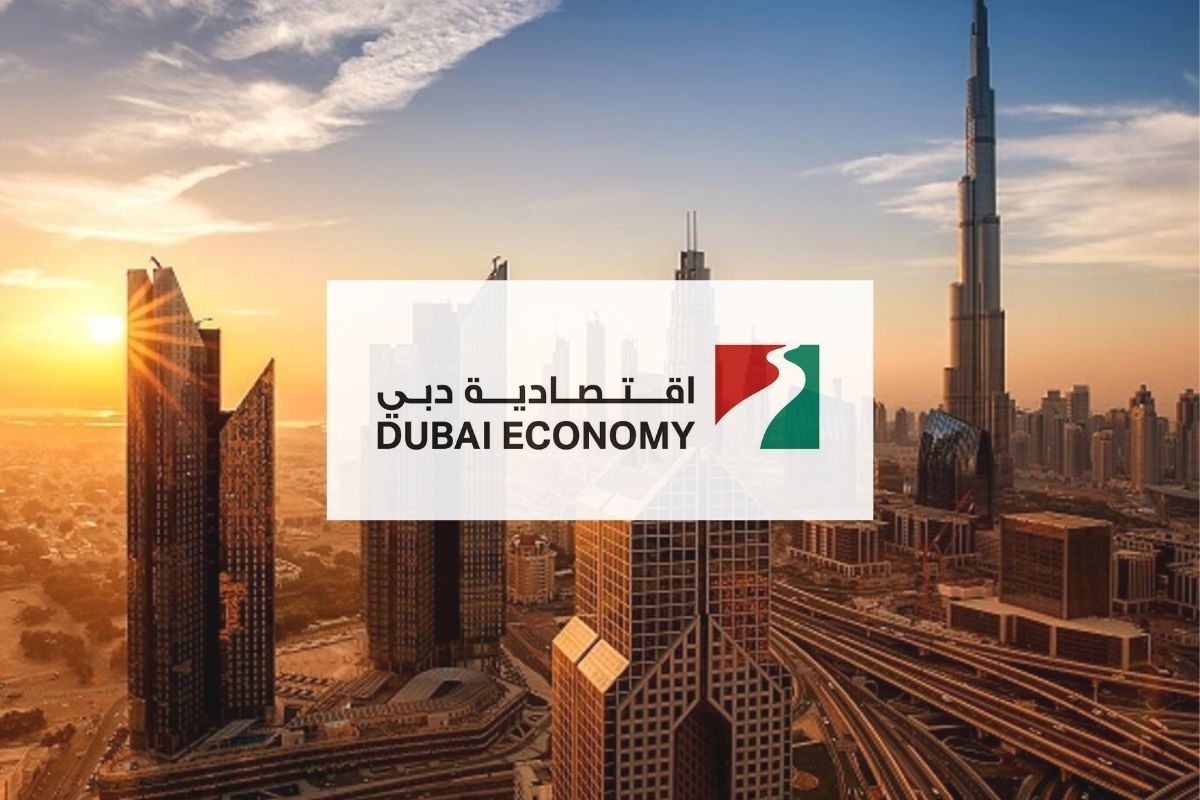Dubai Economy sharpens focus on Circular Economy in preparation for next 50 years

Dubai Economy is strengthening its initiative launched earlier this year to bring together key industry sectors and stakeholders in an all-encompassing journey towards transitioning Dubai into a circular economy in line with the vision of the leadership and strategic plans of the government.
The move has gained fresh momentum with H.H. Sheikh Hamdan bin Mohammed bin Rashid Al Maktoum, Crown Prince of Dubai and Chairman of Dubai Executive Council, recently approving the 2021 Agenda of the Council, which has "Creating a Digital and Circular Economy" among its key objectives.
The 2021 agenda aims to promote excellence in all sectors and introduce innovative initiatives to enhance government services and further raise Dubai’s competitiveness. The circular economy plan of Dubai Economy not only seeks to contribute towards the Agenda but also positions Dubai towards sustainable progress and prosperity over the next 50 years as envisioned by the leadership.
Sami Al Qamzi, Director-General of Dubai Economy, stated,
"The pandemic added new momentum to the digital transformation in the emirate and has given us enough examples of the most prudent use of existing assets and resources. Dubai Economy is pleased to have pioneered a circular economy campaign to optimize resources and minimize waste. We are now moving to the next level, engaging with key industry sectors to build on existing opportunities to expedite the circular economy transition."
Unlike the traditional linear economy, the circular economy focuses on improving resource efficiencies and reducing/eliminating waste to the highest extent by depending on re-use, sharing, repair, regeneration, re-manufacturing and recycling. The global market potential for a circular economy is over US$1 trillion (AED3.67 trillion).
As a first step, Dubai Economy launched a series of workshops (hacks) in 2019 on the circular economy transition and related challenges as well as opportunities.
The introductory hack brought together 50 key stakeholders, including sustainability enthusiasts, regulators, corporates, start-ups and NGOs, to propose solutions that would accelerate the transition, particularly across six key dimensions - market readiness, innovation, funding & capital, skills development, regulatory readiness and an adaptive mindset.
With the global outbreak of COVID-19 underlining the importance of food security and local manufacturing, Dubai Economy brought the manufacturing, real estate and food and agri-business sectors onto the centre-stage of the circular economy campaign and hack series.
Commenting on the hack series, Mohammed Shael Al Saadi, CEO, Corporate Strategic Affairs of Dubai Economy, underlined the importance of translating the vision and strategic plans of the UAE and its emirates, including the UAE Vision 2021 Abu Dhabi Economic Vision 2030, Dubai Industrial Strategy 2030 and the Future Foresight programme, into opportunities for innovations in optimal resource utilization and energy consumption.
The first sector-focused hack on manufacturing had its emphasis on localising global supply chains and attracting investments, particularly into sustainable manufacturing and positioning Dubai as a circular economy for innovation-driven industries and halal products.
The second hack evaluated global and local trends in the real estate and construction sector as well as the advantages Dubai has in evolving into a modern, sustainable city in the backdrop of the long-term changes being set off by urbanization and industrialization.
Disruptive technologies and innovations in food production, processing and consumption to achieve sustainable food security, particularly in the backdrop of the growing concerns on food production outpacing demand climate change and rapid urbanization were highlighted in the third hack of the series.
Participants also pointed to Dubai’s advantages in attracting investment, technologies and talent to test-bed and develop circular economy innovations.
A focused approach towards reusing, refurbishing, and recycling are proving to help cities save millions of dollars and hence, adopting a circular economy is crucial for cities such as Dubai.
News Source: http://wam.ae/en/details/1395302897217
